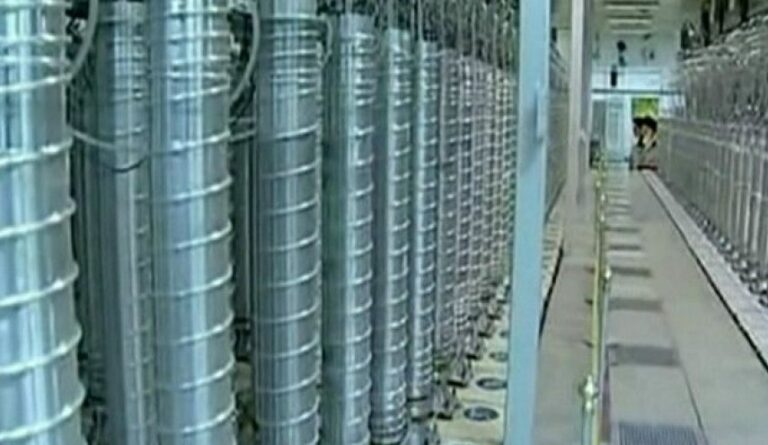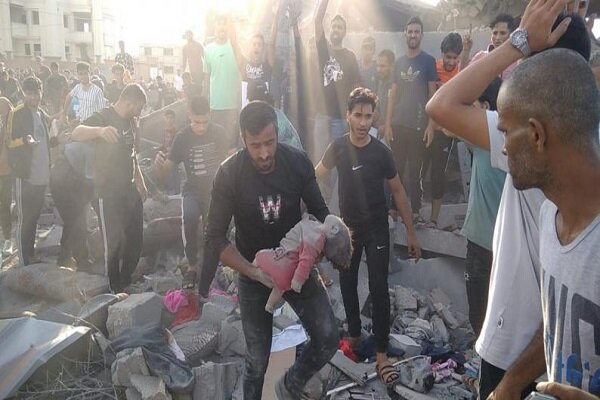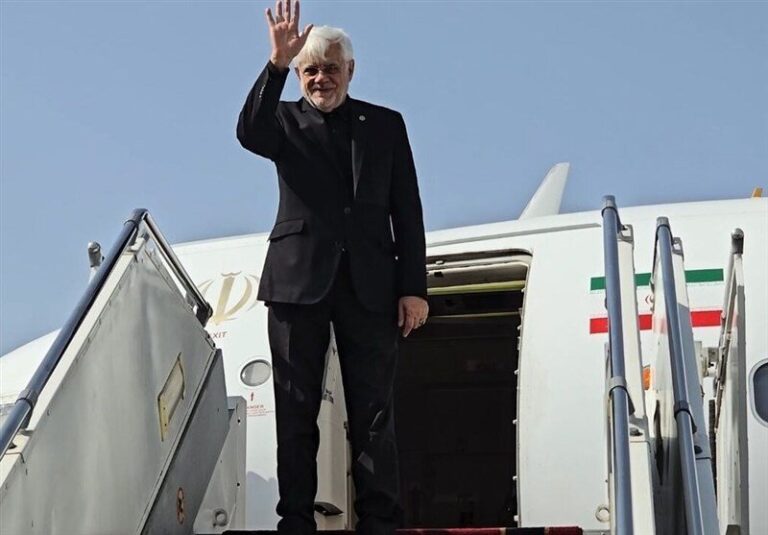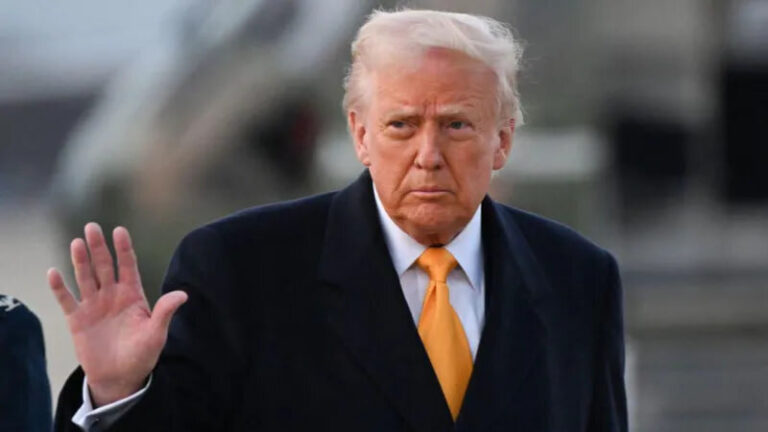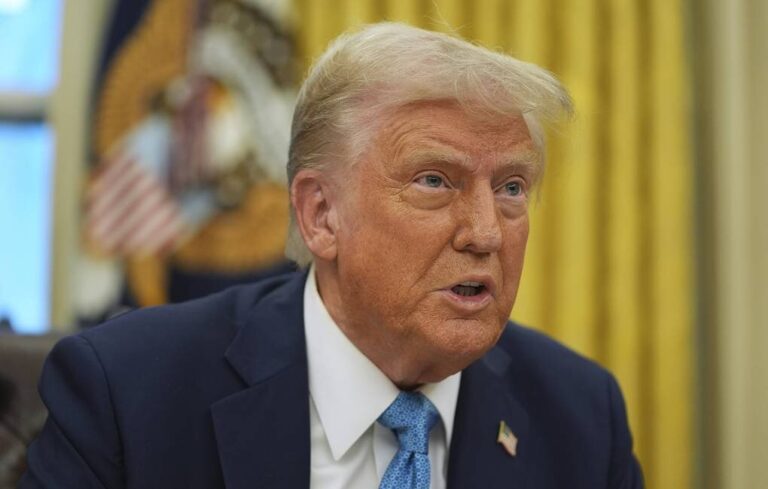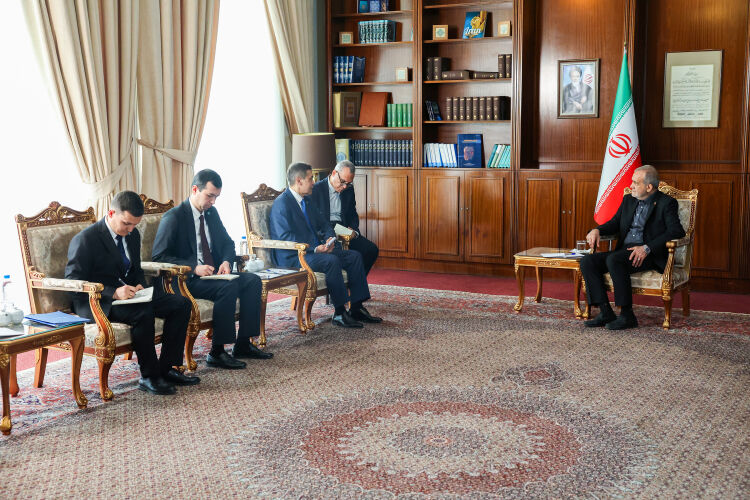Russia Supports Iran-US Dialogue on Nuclear Matters: A Step Towards Global Stability
In recent developments, diplomatic discussions surrounding Iran’s nuclear program have garnered significant attention. Russia’s involvement in these negotiations highlights the ongoing global efforts to address pressing concerns about nuclear proliferation. As the talks progress, both U.S. and Iranian diplomats are optimistic about finding common ground.
According to Russia’s deputy foreign minister, “Russia will always evaluate any negotiation based on its results,” indicating a pragmatic approach to the discussions. He also noted that these negotiations are expected to continue into the following week, raising hopes for a resolution.
The ongoing diplomatic efforts include:
- Indirect talks between U.S. and Iranian diplomats.
- Meetings held in Oman, which serve as a neutral ground for discussions.
- Focus on achieving positive and concrete results regarding Iran’s nuclear program.
These negotiations come amid heightened tensions and concerns from the West regarding Iran’s nuclear ambitions. The international community has been closely monitoring these developments, as the outcome could have far-reaching implications for regional stability and global security. The deputy foreign minister emphasized that Russia expects the talks to yield fruitful results, underscoring the importance of constructive dialogue.
In light of these discussions, it’s crucial to understand the key factors influencing the negotiations:
- Geopolitical Context: The backdrop of these talks is shaped by longstanding geopolitical tensions, particularly in the Middle East. Iran’s nuclear program has been a focal point of concern for many Western nations.
- International Relations: The dynamics between the U.S., Iran, and Russia play a significant role. Each country has its interests and objectives, which can complicate negotiations.
- Public Perception: How these talks are perceived by the public and media can influence diplomatic strategies and outcomes. Transparency and communication are key to maintaining public support.
As these talks unfold, the potential for a breakthrough remains uncertain. However, the engagement of multiple parties, including Russia, suggests a willingness to explore diplomatic solutions. The stakes are high, and the world will be watching closely to see how these negotiations develop.
In conclusion, the next few weeks will be critical in determining the future of Iran’s nuclear program and the broader implications for international relations. The commitment to dialogue and negotiation is essential in navigating these complex issues. As stated by Russia’s deputy foreign minister, the focus remains on achieving tangible results that can alleviate concerns and pave the way for a more stable future.

